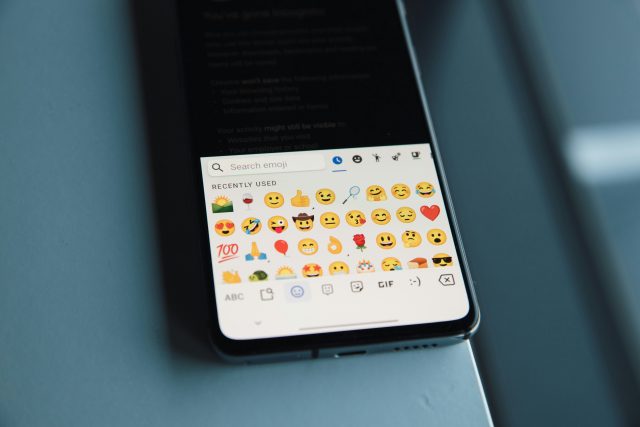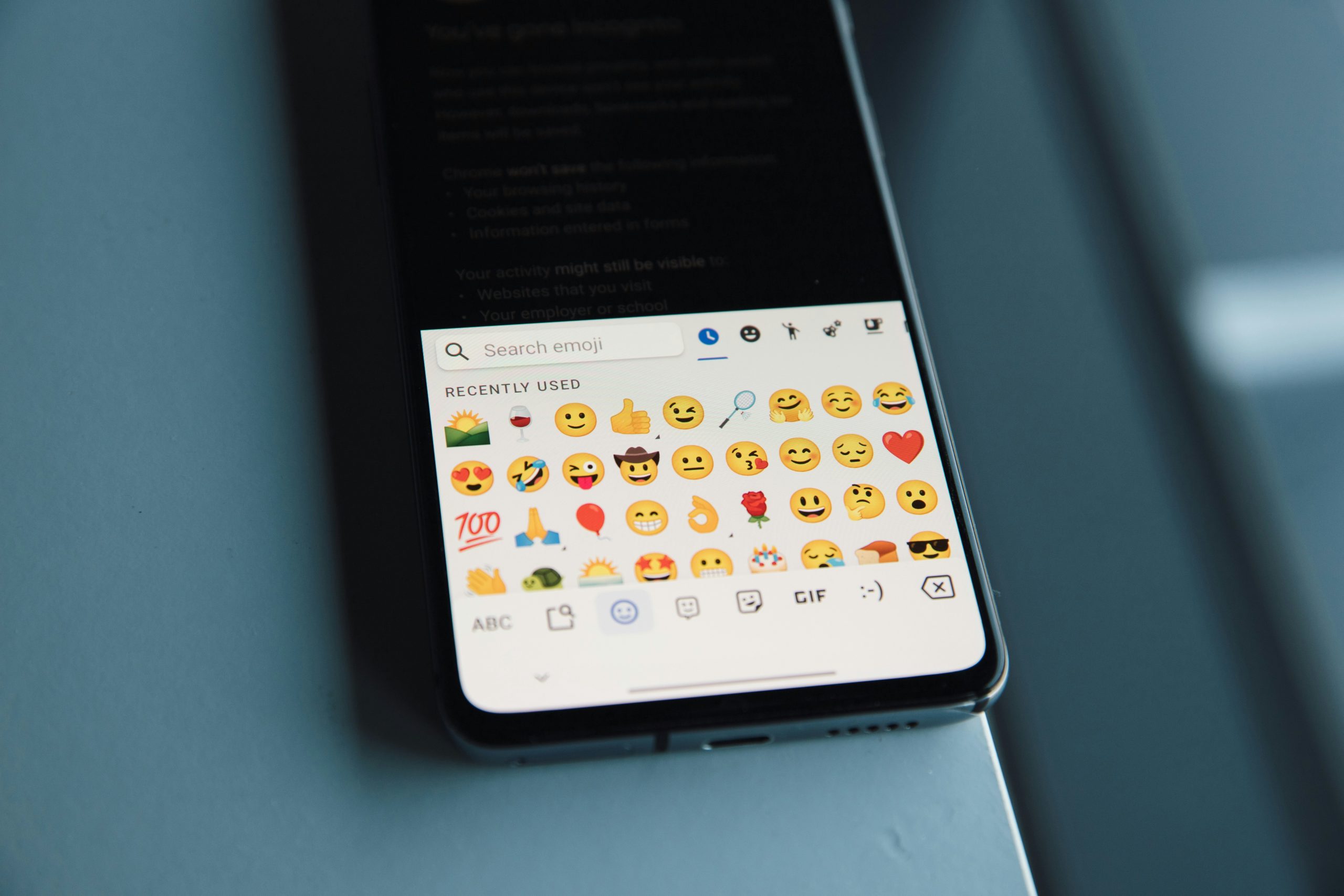Emoji have long been an alternative way of communicating, allowing users to send smileys, hearts, cats and even eggplants to express their emotions. But a new study published in the journal PLOS ONE reveals that how you use digital images reveals your emotional intelligence.

The results showed that people with higher emotional intelligence and secure attachment were able to send emojis more frequently. This is because text message senders use them to reduce uncertainty about what their message conveys so that the recipient is aware of how they might interpret the message.
This type of communication is more common among women, who tend to express their feelings on a more intimate level. Meanwhile, people with avoidant attachment issues are less likely to share emojis with their family, friends, or romantic partners. In addition, men who participated in the study had higher attachment avoidance levels than women. Researchers attribute this to sending fewer emojis to their partners.
This first-of-its-kind study, conducted by researchers at Indiana University, reveals the importance of nonverbal cues that can actually help build healthier, stronger relationships. The researchers found that participants mostly used emojis to reduce uncertainty about what they were trying to convey and to convey the tone of the message. They were also used to clarify messages, lighten the mood, or display a sense of humor to avoid possible awkwardness.
According to the research, emojis are also associated with more romantic and sexual interactions and are used to maintain a healthy connection after the first date. The researchers drew on attachment theory, which suggests that attachment experiences between parent and child extend to other relationships later in life, which can be evidenced through virtual communication.
Participants who displayed higher levels of emotional intelligence and sent more emojis were found to have a combination of self-awareness and social awareness and were better able to manage relationships and resolve conflicts.
The study found that people with high emotional intelligence perceived emoji-filled messages as revealing, while people with avoidant attachment issues perceived them as providing only factual information.
Previously, scientists had found that a child inherits intelligence from its mother. Read the details here.
Source: People Talk
Mary Crossley is an author at “The Fashion Vibes”. She is a seasoned journalist who is dedicated to delivering the latest news to her readers. With a keen sense of what’s important, Mary covers a wide range of topics, from politics to lifestyle and everything in between.





